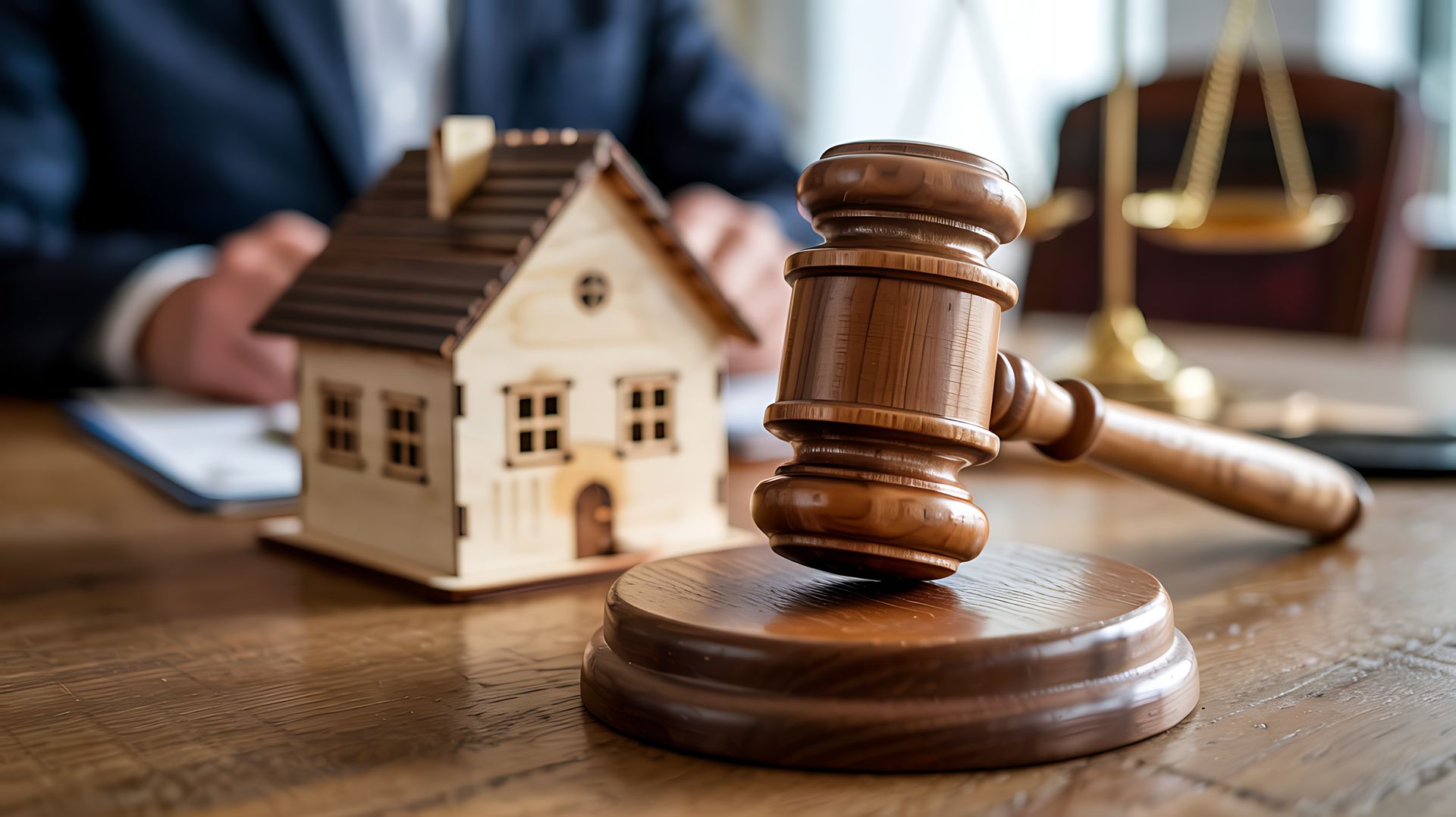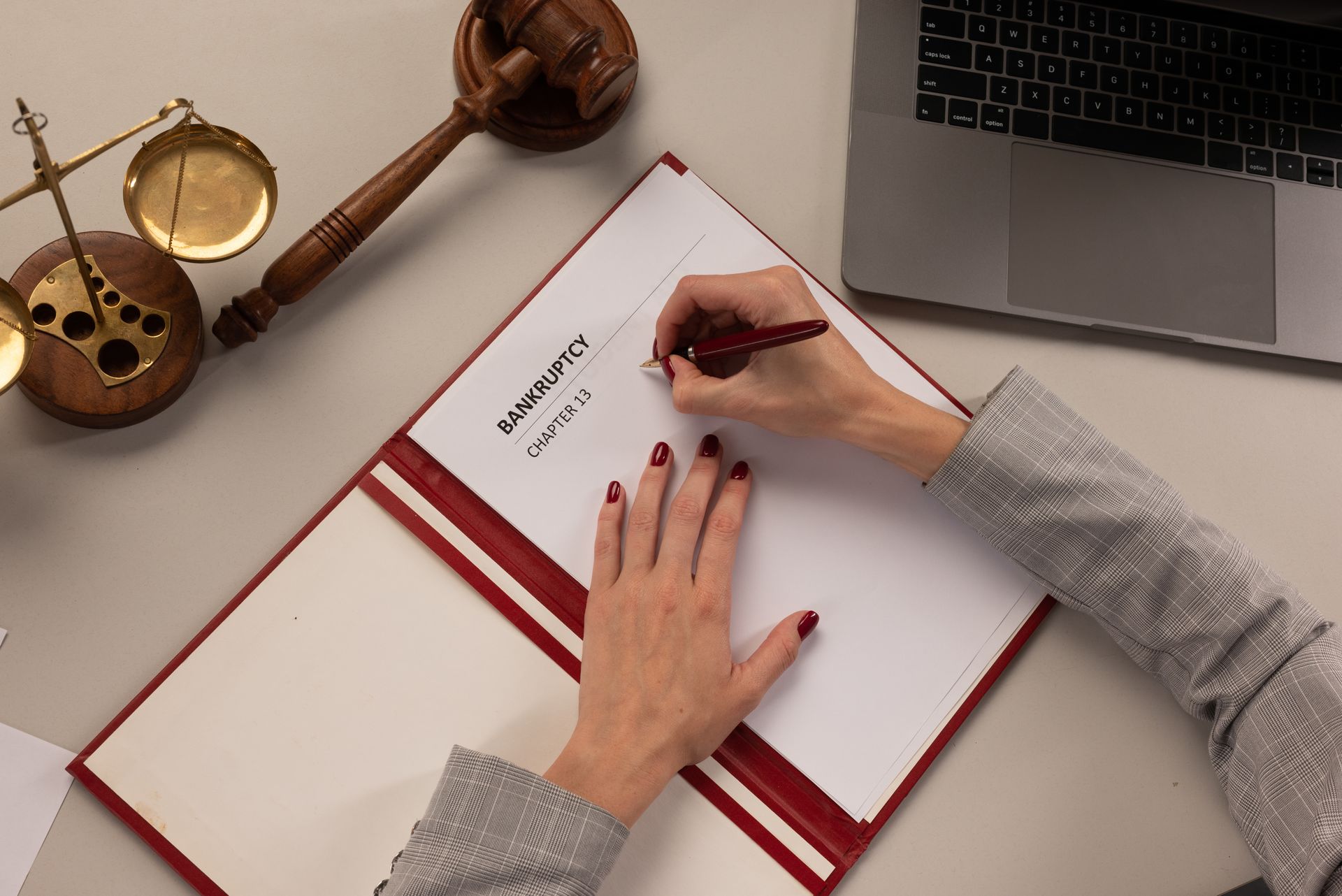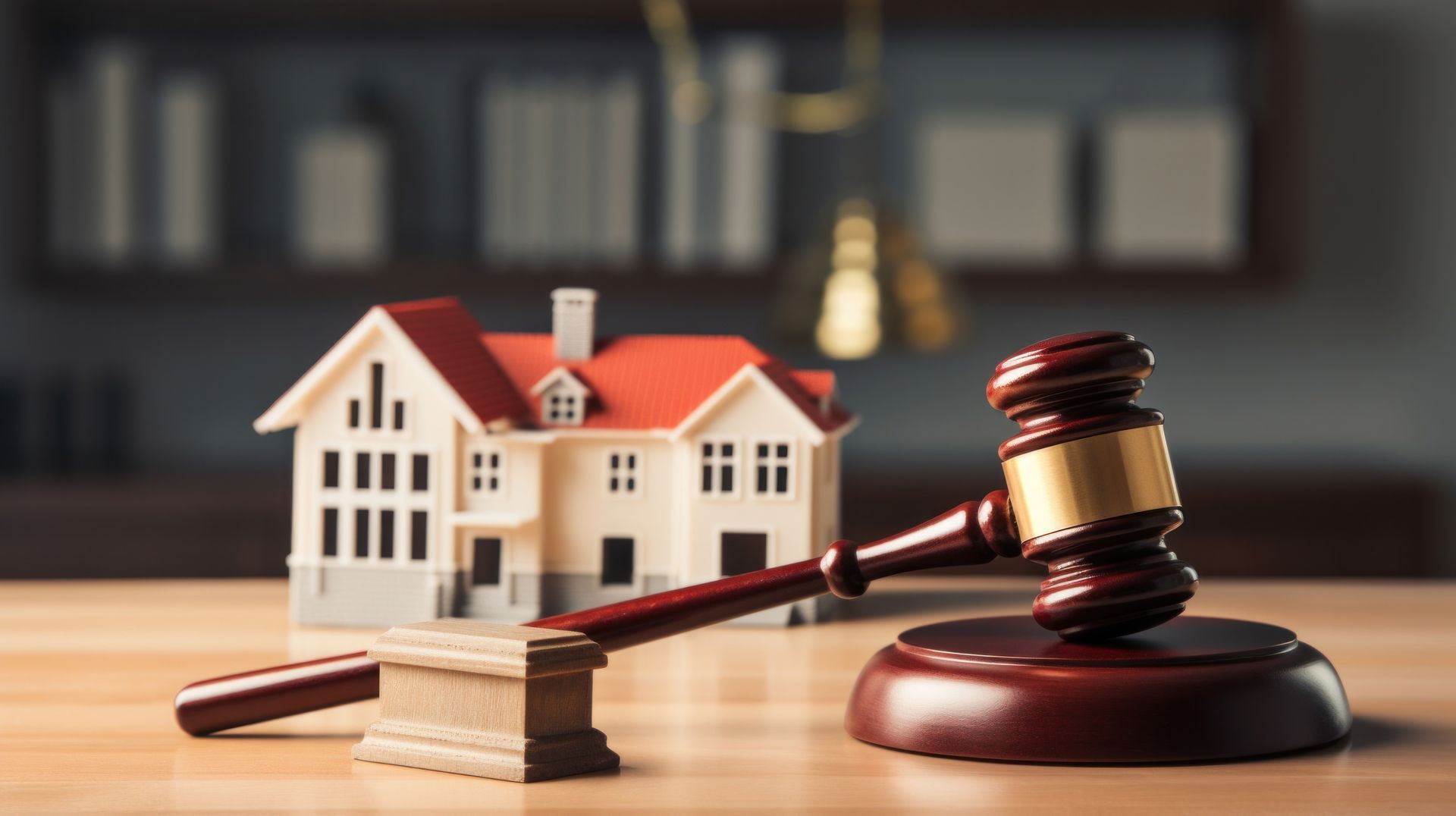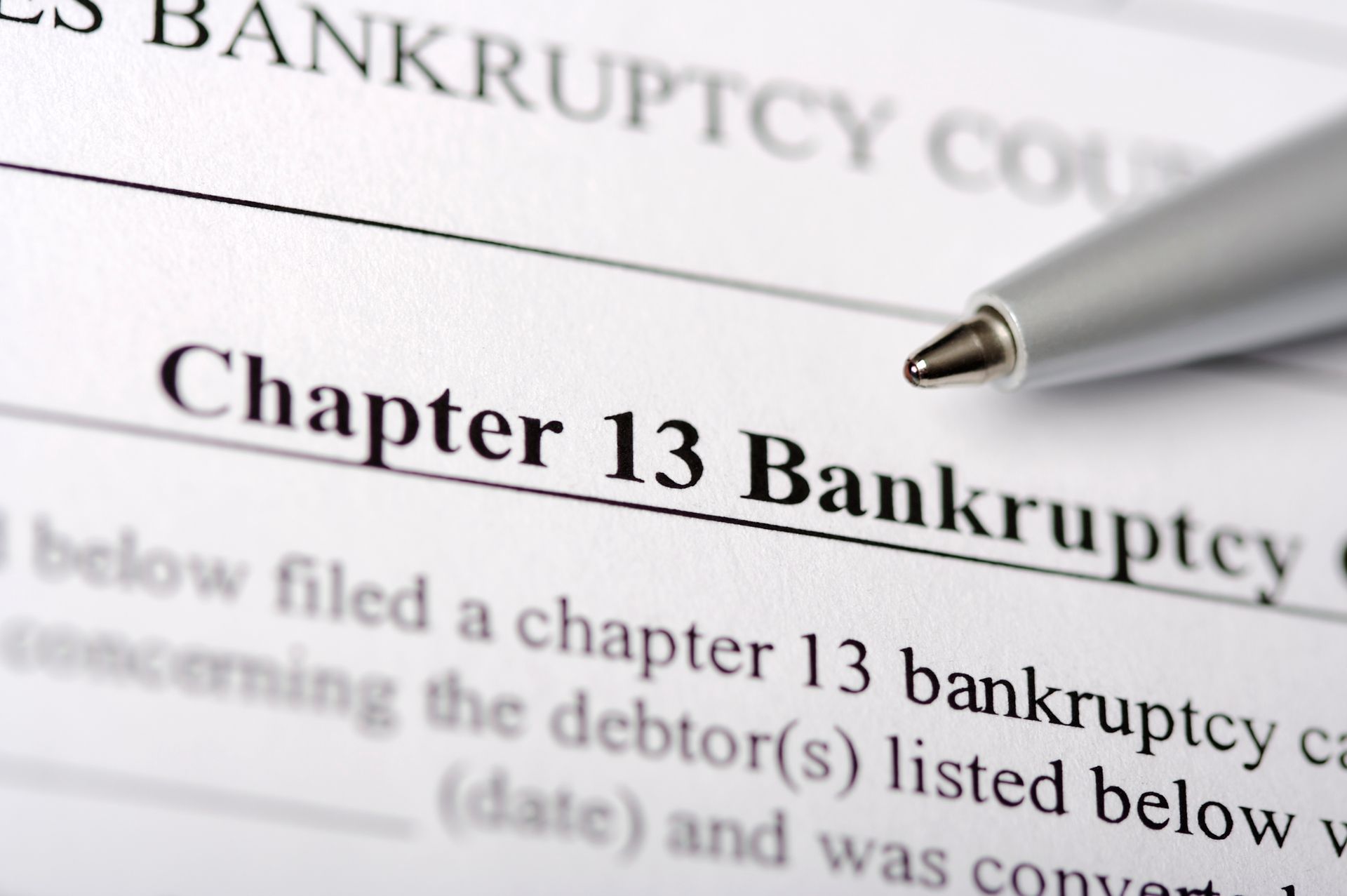Writing Your Will isn't Fun, but Dying Without One Can be Disastrous
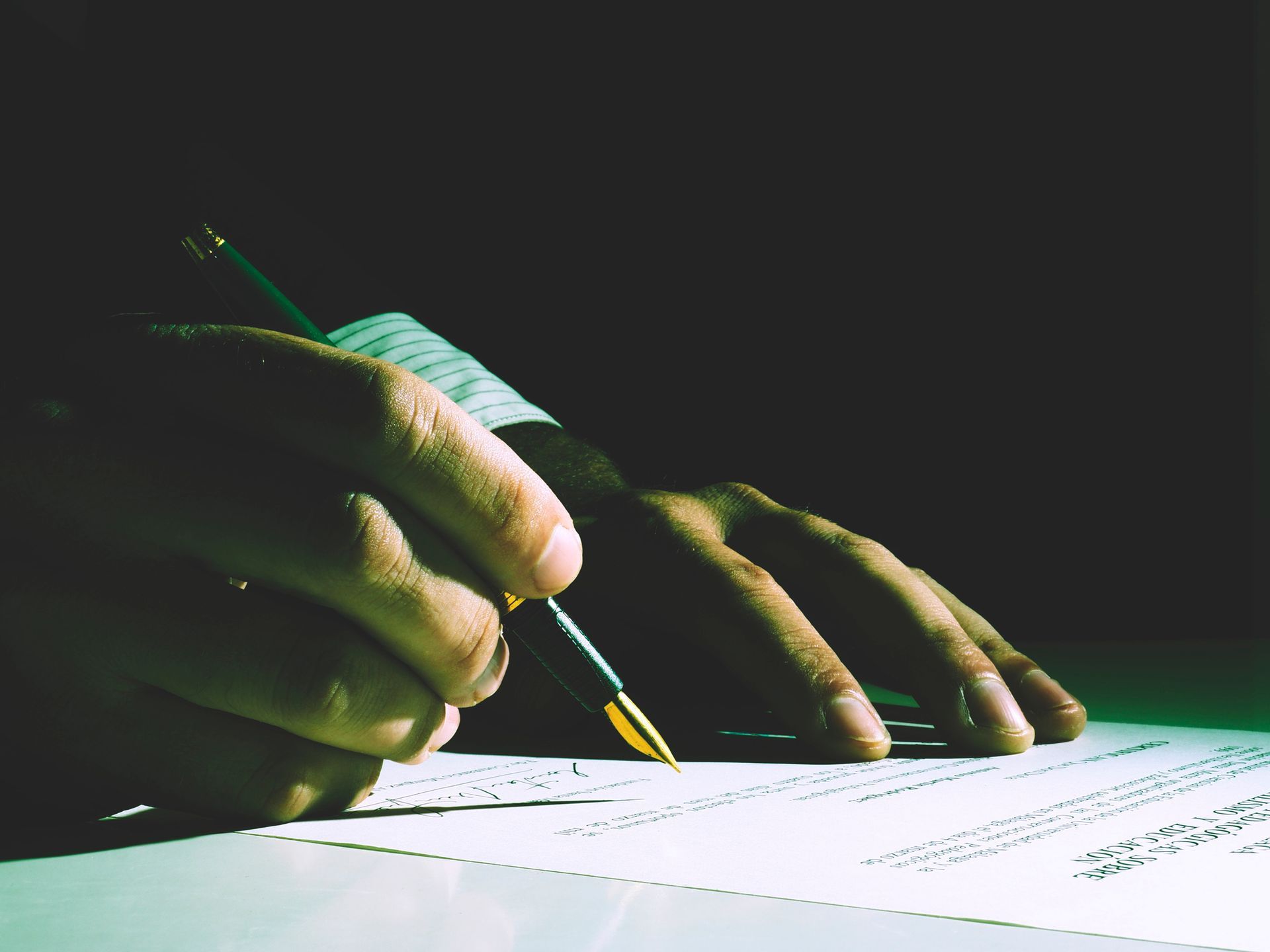
Let's face it: thinking about mortality can be difficult. Most people find it uncomfortable or distressing to consider what they want to happen to their assets after death. Because of this, around half of adults do not have a will in place. While planning for the end can be difficult, it is an essential task everyone must do. If you are looking for a will lawyer in Monmouth County, Veitengruber Law is an experienced estate planning attorney with years of experience. Here are a few reasons we urge our clients to have a will in place.
1. If You Don't Have a Plan, NJ Has One For You
Just because you do not have a will does not mean there are no laws or guidelines to settle your estate. Without a will in place, your assets will be considered "intestate," meaning they will be distributed based on NJ law. The issue is that the laws and guidelines established to deal with intestate assets may not align with your wishes.
If you have only been married once, have never been divorced, and only have children within that marriage, your spouse will inherit your assets if you die without a will. But the rules surrounding those who have had multiple marriages, children from different relationships, or those who have never had children become increasingly complex under state law—and you may disagree with how the state chooses to distribute your assets.
If you want to control how your assets are distributed after your death, you need a will.
2. You Need an Executor You Trust
One of the things you will outline in your will is your nomination for the executor of your estate. This person will be responsible for carrying out your final wishes, including locating and collecting assets, paying debts, filing taxes, distributing assets, and generally closing out your affairs. You want to choose someone that you trust and someone who can tackle the responsibility of this position. Without a will in place, the court will choose an executor. While the surviving spouse will typically be given first choice for this position, things can become complicated if you pass without a spouse, have multiple children, or have multiple marriages.
Family members and loved ones can wind up fighting for this position in court, which can turn ugly quickly. It is easier for everyone involved if you name a clear executor in your will.
3. Guardianship for Minor Children
It is crucial to have a will if you still have minor children. When a parent dies without a will, a judge will appoint someone to raise any minor children. If you are married and have only had children in that marriage, full parental rights will simply transfer to your surviving spouse. However, more complex situations can lead to custody disputes. Most parents have very specific opinions and wishes about the care of their children. Without a will, you are leaving these decisions up to others. Indicating your preferred guardian in your will can help ease the stress and pain of your children and loved ones at an already difficult time.
4. Understand that a Will is Just the Start
Having a will in place is critical to protecting your assets, loved ones, and wishes—but a will is just the beginning of the estate planning process. Assets like life insurance payouts, bank accounts, retirement accounts, and living trusts will always pass to the designated beneficiary for those accounts, regardless of what your will says. It is important to ensure these designations are current and reflect your true desires. You will also need to consider having a power of attorney and medical directives in place to help your loved ones make important financial and health decisions if you are incapacitated.
Estate planning goes well beyond your will, but creating a will is a great place to start. Veitengruber Law can work with you to determine how to protect your assets best. An estate plan can offer peace of mind that your affairs are in order and your wishes will be fulfilled. If you need a will, reach out to us for a consultation today!
